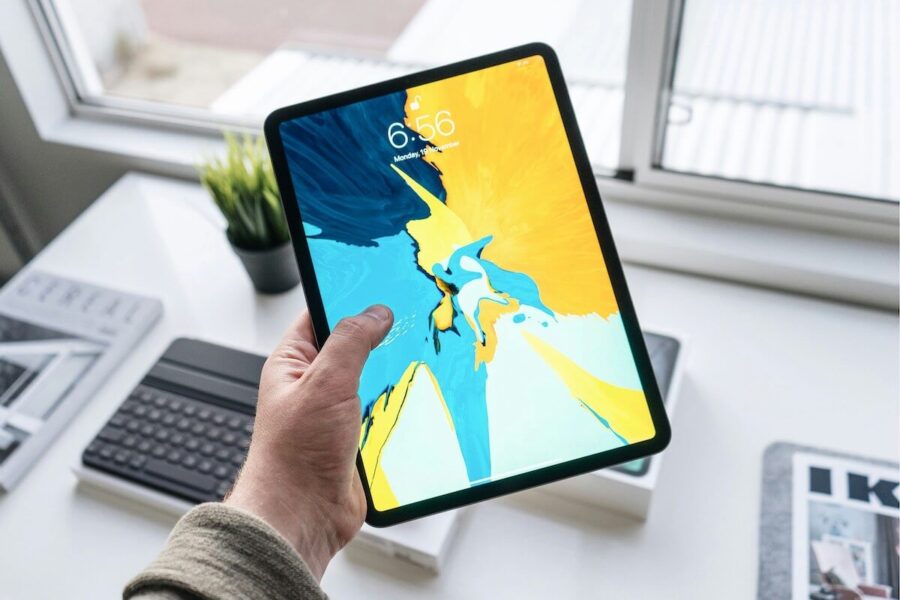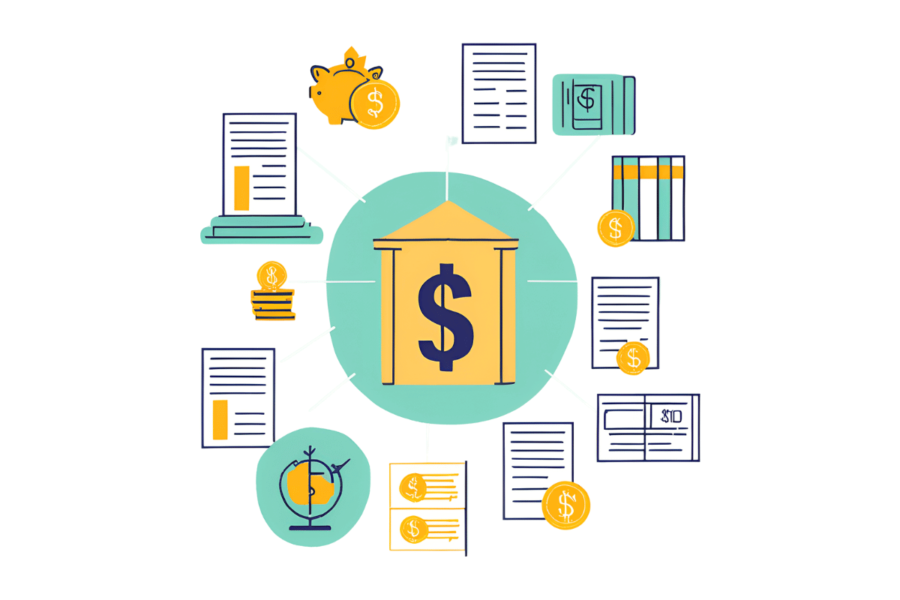Minimalism saves you money, challenging traditional notions about wealth and happiness. We’ve all heard the clichés about money—how it doesn’t buy happiness, or how it’s the root of all evil. But let’s be real: money matters. It’s what we trade our time for, and it shapes many aspects of our lives.
So, how can minimalism, often associated with simplicity and cutting back, actually help us save money and invest more wisely?
I recently had a chat with a close friend of mine where we delved into this topic, and his insights were eye-opening. Here are 3 ways minimalism can transform your financial outlook:
This post may contain affiliate links. This means I may earn a commission if you make a purchase through my links, at no additional cost to you. I only recommend products or services that I personally use and believe will add value to my readers.
1. Avoid Lifestyle Creep
One of the most significant benefits of minimalism for your finances is sidestepping lifestyle creep. Minimalism helps us realise what truly brings us value. Instead of constantly chasing upgrades and more, minimalism prompts us to reassess our needs and desires.
When we understand what’s “enough” for us, we break free from the cycle of always wanting to improve and upgrade, which can drain our finances. It’s about being intentional with our spending, focusing on what genuinely matters to us.
For more ideas on maximising your finances through minimalism, visit my blog page on 8 Things I Stopped Buying To Make More Money.
2. Define What’s Important
Minimalism challenges us to scrutinise our spending habits and align them with our values. My friends reflection on his past spending revealed a common pattern: spending on things that didn’t truly matter to him.
Often, we buy impulsively or seek temporary fixes for deeper issues, like loneliness or insecurity. However, minimalism saves you money by questioning these habits. Think about investing your resources in what genuinely enriches your life.
It’s all about prioritising experiences and relationships over material possessions, ultimately leading to more fulfilling and mindful spending.
If you’re stuck on where to begin, check out my Payday Routine: 8 Steps you Need to do on Payday. I follow these steps with each paycheck and it has helped me save thousands!
3. Simplify Your Investments
When it comes to investing, minimalism advocates for simplicity. Like me, you’ve probably avoided investing for it complexity or time consumption. Contrary to this belief, the most effective approach is often the simplest.
Instead of trying to beat the market or pick individual stocks, I recommend investing in low-cost index funds. These passive investments require minimal maintenance and have historically provided solid returns.
By adopting a long-term perspective and focusing on steady, low-maintenance investments, you can build wealth without the stress of constant monitoring.
Minimalism also extends to optimising other areas of your finances, such as cutting unnecessary expenses. My friends switch to a budget-friendly phone plan highlights this principle—by eliminating excess spending on things that don’t add significant value, you can save a substantial amount over time.
If you find yourself constantly buying items you don’t necessarily need, my article on How to Resist Impulse Purchases may be some help.

In conclusion, minimalism isn’t just about decluttering your physical space—it’s a mindset that can revolutionise your financial well-being.
By embracing simplicity, defining your priorities, and streamlining your investments, you can save money, invest wisely, and ultimately lead a more fulfilling life.
So, if you’re ready to take control of your finances and embrace a minimalist approach, why not start today? Your future self—and your bank account—will thank you for it.
The information provided in this guide is for educational purposes only. Any actions taken based on this information are at the reader’s own risk. It is advisable to consult with relevant professionals or advisors for personalised advice.



